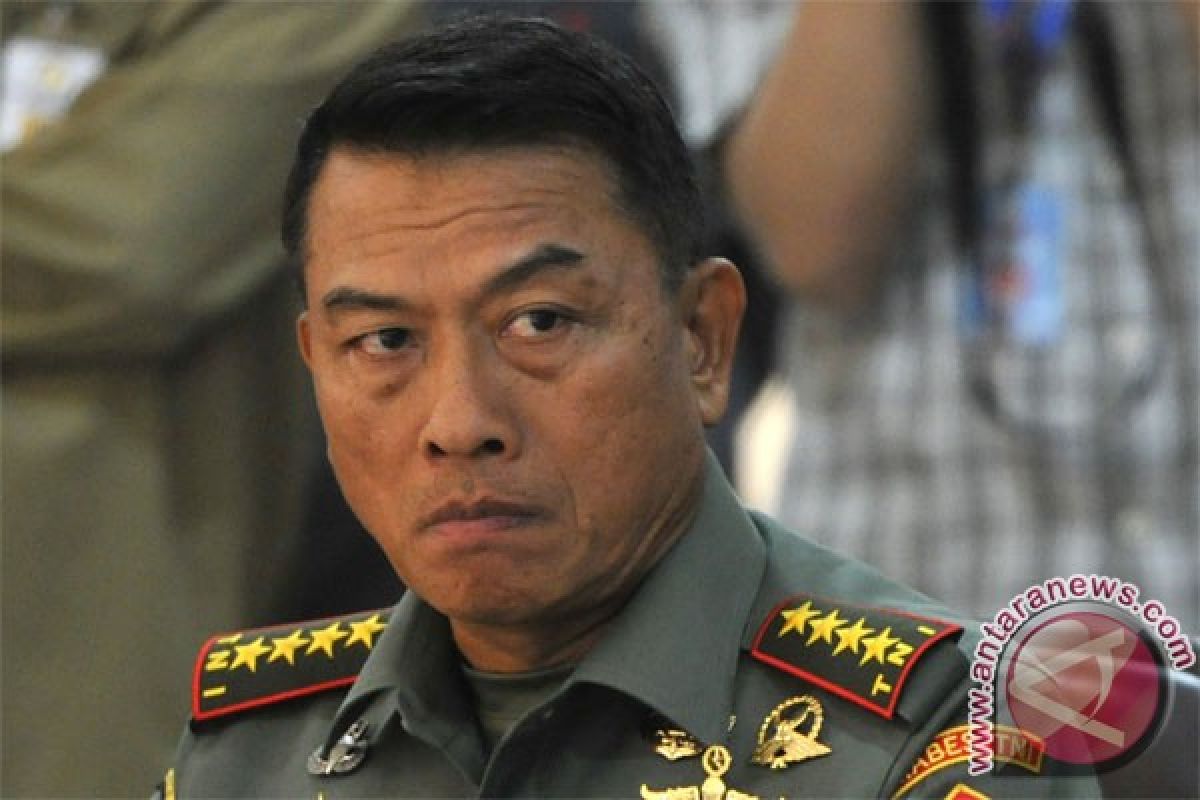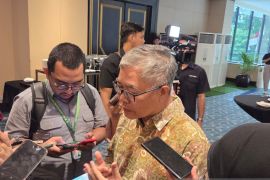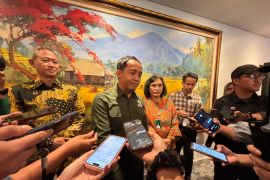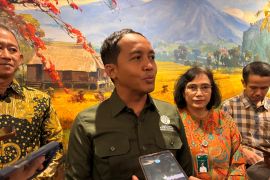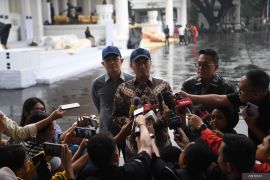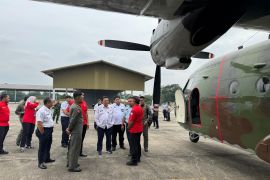"We will stop all military cooperation in handling the issue of people`s smuggling. The decision will be implemented starting today," general Moeldoko said.Jakarta (ANTARA News) - The National Military Commander General Moeldoko said on Wednesday that Indonesia will not be conducting joint military training with Australia, following the spying allegations leveled against the latter.
"We will stop all military cooperation in handling the issue of peoples smuggling. The decision will be implemented starting today," he said after attending a meeting at the Presidential Palace.
Apart from stopping military cooperation, Indonesia will also stop exchanging intelligence data and information with Australia. Other collaborations with Australia will also be reviewed.
President Susilo Bambang Yudhoyono had earlier expressed his disappointment over the Australian authorities failing to give an official explanation for the wire-tapping activities.
Relations between Indonesia and Australia have come under strain after a report by The Guardian daily on Monday revealed that the Australian intelligence agencies wire-tapped the private phones of Indonesian President Susilo Bambang Yudhoyono, First Lady Ani Yudhoyono and several ministers and government officials in 2009.
The report was based on documents leaked by the former employee of the United States National Security Agency (NSA), Edward Snowden, who has been granted asylum in Russia. In response to the allegations, the Indonesian government had announced that it would recall its Ambassador to Australia Nadjib Riphat Kesoema for consultations.
"I have advised Riphat to bring more than cabin baggage. We are waiting for the Australian government to respond and the Indonesian government will give a measured answer after that," Indonesian Foreign Affairs Minister Marty Natalegawa stated.
Marty added that the Australian government should not dismiss or underestimate the issue, which had upset the Indonesian government.
"If the answer still remains the same, there will be further procedures that will be followed, as I mentioned earlier. There will be an evaluation of our bilateral relationship. Considering that this incident took place in 2009, I remind the Australian government that now is the opportunity to draw a line in the sand. We hope such a situation (wire-tapping) never arises again in the future," the minister noted.
Apart from summoning Indonesias Ambassador to Australia, Marty said he was also trying to contact his Australian counterpart, Julie Bishop, and was reconsidering future intelligence cooperation with Australia.
He added that Indonesia will also ensure the implementation of the principle of reciprocity while collaborating on information exchanges. That was a standard procedure and a common principle followed in international affairs, he added.
"It is not a good day for Indonesia-Australia relations. The wire-tapping issue will have a negative impact on the relations between both countries. However, I must emphasize that Indonesia is a country that is able to think rationally and act decisively, while offering a measured response," Marty pointed out. (*)
Editor: Heru Purwanto
Copyright © ANTARA 2013
